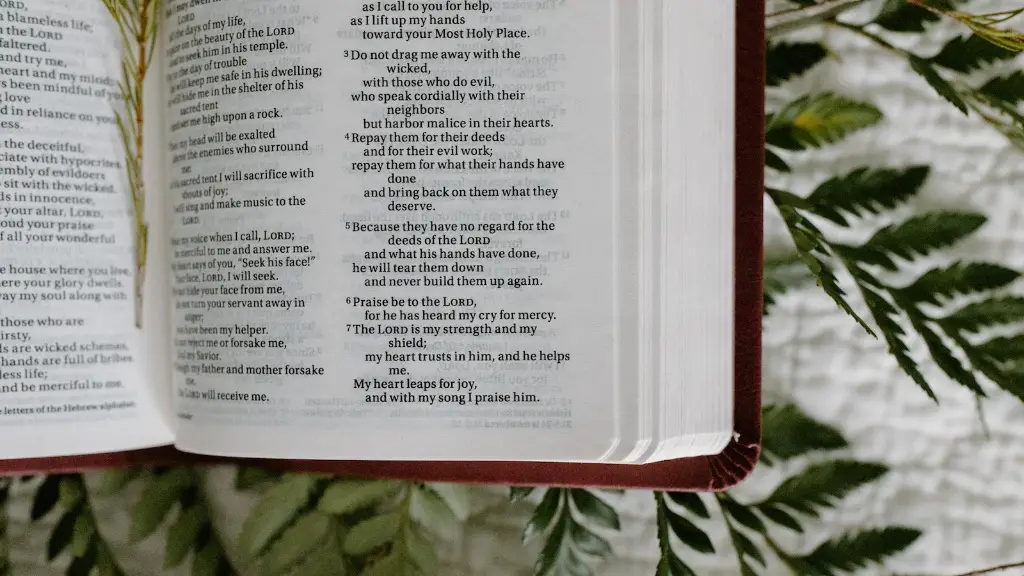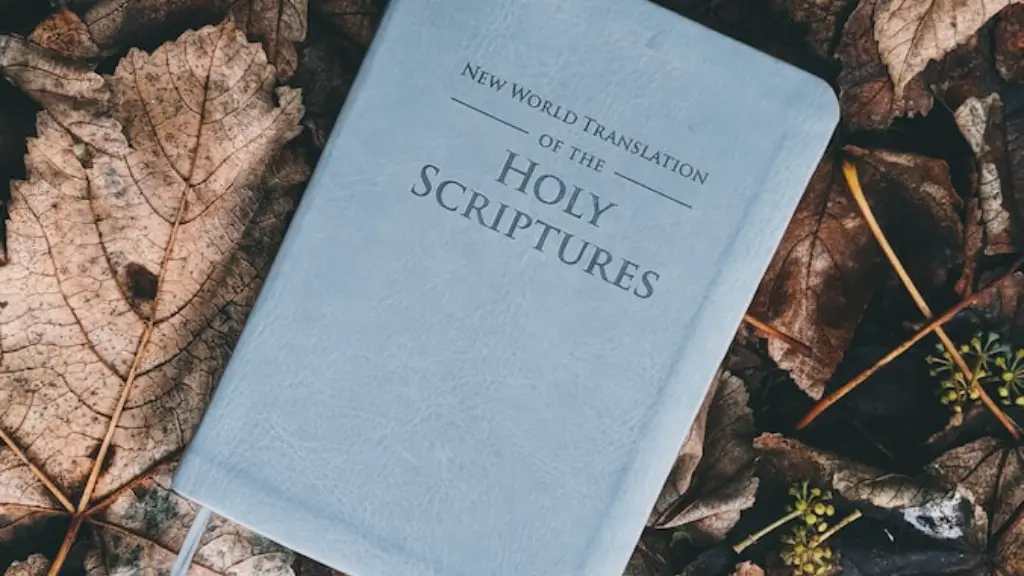The controversy around abortion
The issue of abortion has been a highly controversial topic for centuries, with passionate and deeply held beliefs from both sides. Historians suggest that abortion was once widely accepted in most cultures, with early pagan cultures in the Roman Empire since 450 BC in their penal codex making no mention of criminalizing it. From the late 19th century onwards though, laws have been passed in most countries making it illegal. There is still a great deal of debate on the subject though, with many nations still having tenuous laws or a lack of laws at all.
At the heart of the debate is the moral and ethical argument whether a person has the right to end the life of another, and the notion of personhood. Pro-Life advocates believe that personhood is established at conception, while Pro-Choicers argue that personhood should be determined later in the development process. It’s believed that personhood at the time of conception is what places abortion on the same moral and ethical level as killing a child.
The Bible’s view on abortion
The Bible does not explicitly mention the act of abortion, however many religious and conservative groups point to scripture to support their views. For Pro-Life advocates, scripture is generally used to emphasize the belief that life begins at conception and that ending the life of an unborn child is a sin. Leviticus chapter 20, verse 19 states that ‘If a man shall lie with a woman having her sickness, and shall uncover her nakedness therefore he hath discovered her fountain, and she hath uncovered the fountain of her blood…they shall be cut off from among their people.’
This is interpreted as if a man causes a woman to abort, they will be punished by death. Pro-Choice advocates disagree, instead arguing that this passage refers to an adult and to an act of adultery. But when attempting to reconcile these passages with modern thought and practices, it’s important to consider the conditions of life at the time. Infant mortality and child deaths were common and accepted, meaning women would be having abortions as a form of birth control. It is argued that this is the reason why the Bible focuses on the sinfulness of adultery and not the act of abortion itself.
Another confusion arises over the timing of when personhood is granted. In Jeremiah chapter 1 verses 4-5, the Bible states that before a baby was born it was known by God, thus asserting that personhood is established before birth. However, Pro-Choice advocates reject this, saying that personhood is not established until the infant is delivered.
Exploring other sources
When considering the Bible, it’s important to note that Christians have different interpretations of scripture, and how it should be applied to modern life. It’s argued that people don’t strictly adhere to the Bible’s teachings, and further examination of other sources, for example, the teachings of Jesus, can broaden the discussion of what is actually sinful. Although the Bible does not specifically mention abortion in terms of sin, there are other biblical passages that suggest humans should show compassion to all life, even in the womb.
In addition, it is argued that people shouldn’t just make their decisions based solely on the Bible. Many pro-life advocates advocate for science to be included in the conversation, examining the physiological and psychological implications of the procedure in deciding whether an abortion is the right decision or not. Taking into account the individual circumstances and the choice of each individual is needed to make an informed decision.
Research on the subject
Contemporary research has been conducted on the subject of abortion. One such study, published in 2020, surveyed over 1,000 women in the United States and found that most respondents felt that ‘abortion is wrong,’ but noted that access to the procedure was a significant factor in deciding whether to pursue it or not. Similar research conducted in Europe a year earlier reported similar results, with the majority of women surveyed arguing that abortion was wrong, but agreed that restrictions on access to the procedure were inhumane.
Overall, it seems that people hold differing views on the matter of abortion. There is a broad range of views on the issue from religious, philosophical and scientific perspectives. It is safe to say that the debate surrounding abortion will continue for many years to come.
The relationship between abortion and religion
In the context of religion, many fundamentalist Christian groups believe that the Bible strongly opposes abortion and view it as murder. It is argued that abortion is not in line with natural law or God’s plan, and can even go as far as to be portrayed as a form of genocide. Further, they view it as a disruption to the natural order of life, and reject the notion that a woman has the right to end the life of her unborn child.
In contrast, there are other religious groups that believe abortions done in certain circumstances should be permitted. For example, the Catholic Church does not necessarily agree with the fundamentalist view of abortion but does allow for the acceptance of abortions done for medical and health reasons. They believe that an abortion isn’t necessarily a sin, but should be avoided if possible. Similarly, the United Methodist Church allows for abortion in certain circumstances but stresses that it should be a ‘last resort’.
Regardless, the differing views on abortion between religious groups shows that even accessing a single text as the Bible can often bring up a variety of views, interpretations, and opinions.
Medical and ethical implications
Looking beyond just religious texts, examining the medical and ethical implications of an abortion is an important factor in the debate. The medical risks of the procedure are hotly debated and often used as an argument against abortions by Pro-Life advocates. On the flip side, pro-choice advocates view the banning of abortions as an infringement upon a woman’s right to choose what is best for her health.
In terms of ethical implications, much of the debate centers around when exactly human life begins and deciding what actions are ethically justifiable. Some people argue that a human life begins at conception and that aborting that life would go against natural law. Others disagree, and would assert that fetuses don’t gain the rights of a human until later in the pregnancy, or believe that in certain circumstances the life of the fetus should be ended for the sake of the mother.
Challenges of justice and equality
The conversation around abortion is further complicated, especially in the United States, with the intersection of the legal implications and cultural practices. Abortion laws in the US show an uneven pattern across different states, with the federal government further exacerbating the situation with the Hyde Amendment, banning the use of federal funds for abortions in some states. This creates a situation where those with more money can access abortions more easily than those without, thereby creating disparities of justice and equality.
The US Supreme Court ruling Roe v. Wade in 1973 attempted to reduce this disparity by granting women the legal right to choose abortion and creating a number of legal rights for women. Some Pro-Lifers argue that the ruling has instead extended the disparities by creating two tiers of justice – one for the unborn and one for those who can afford abortion. They argue the ruling has gone against natural law, morality, and ethics and see it as a violation of rights granted to the unborn.
Verdict
Where in the Bible does it say abortion is wrong is a highly contested question and one that will never have a single answer. Religious texts provide a number of different interpretations, while medical and ethical implications offer important considerations. Ultimately, the decision of whether abortion is wrong or right will come down to personal faith and opinion.




